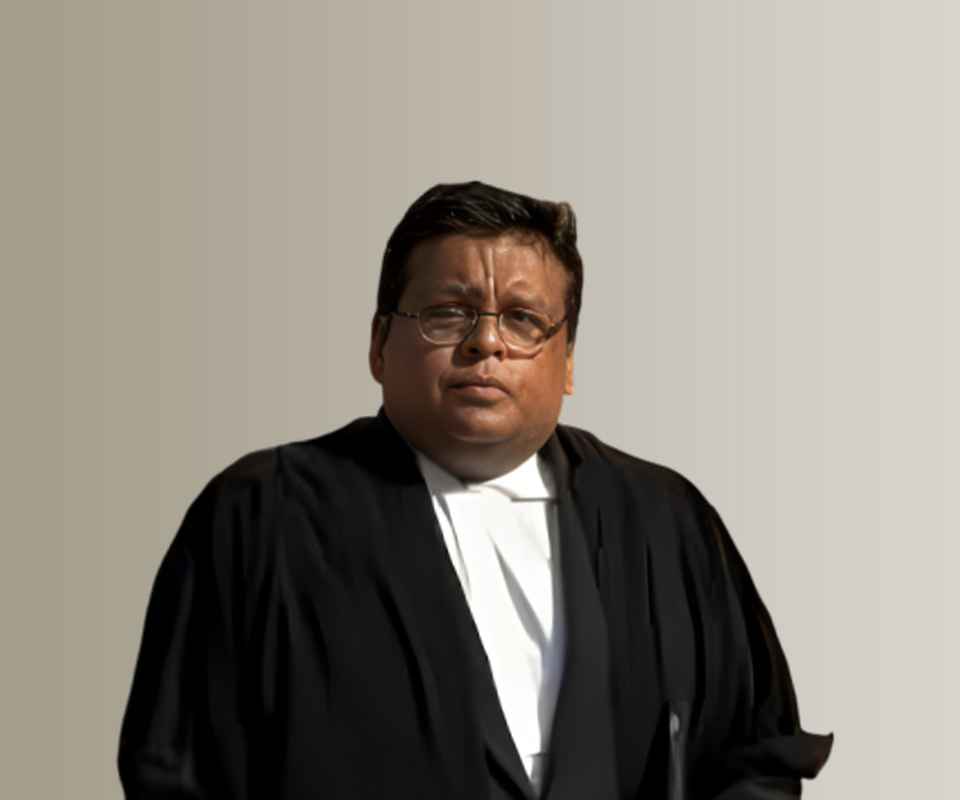Answer By law4u team
The Supreme Court of India is the highest judicial authority in the country. It is the final court of appeal and the guardian of the Constitution of India. The Supreme Court was established under Part V, Chapter IV of the Constitution of India, and it began functioning on January 28, 1950, replacing the Federal Court of India. Here are key features and functions of the Supreme Court of India: Constitutional Authority: The Supreme Court derives its authority from the Constitution of India. It is the apex court with jurisdiction over all courts and tribunals in the country. Composition: The Supreme Court is headed by the Chief Justice of India (CJI) and consists of other judges as determined by law. The total number of judges is determined by Parliament but has varied over time. As of my last knowledge update in January 2022, the sanctioned strength is 34 judges, including the CJI. Original and Appellate Jurisdiction: The Supreme Court has original jurisdiction in certain types of cases, particularly those involving disputes between the Union and states or between states. It also has appellate jurisdiction, hearing appeals from lower courts and tribunals. Advisory Jurisdiction: The President of India can seek the Supreme Court's advice on legal matters that involve questions of law or fact under Article 143 of the Constitution. Guardian of the Constitution: The Supreme Court serves as the guardian of the Constitution. It interprets the Constitution, resolves constitutional disputes, and ensures the protection of fundamental rights. Judicial Review: The Supreme Court has the power of judicial review, allowing it to review the constitutionality of laws and executive actions. It can strike down laws or actions that are inconsistent with the Constitution. Writ Jurisdiction: The Supreme Court has the power to issue writs such as habeas corpus, mandamus, certiorari, prohibition, and quo warranto for the enforcement of fundamental rights. Public Interest Litigation (PIL): The Supreme Court has been active in entertaining Public Interest Litigations (PILs), allowing individuals and groups to approach the court directly on matters of public interest. Appellate Function: The Supreme Court hears appeals from various high courts and tribunals. It serves as the final court of appeal, providing a forum for the resolution of complex legal issues. Contempt of Court: The Supreme Court has the power to punish for contempt of court. It can take action against individuals or entities that disrespect or undermine the authority of the court. Appointment and Removal of Judges: Judges of the Supreme Court are appointed by the President of India based on the recommendations of the Collegium system, which includes the CJI and a group of senior judges. Judges can be removed only through a process of impeachment. Independence of the Judiciary: The independence of the judiciary is a foundational principle, and the Supreme Court plays a crucial role in upholding this independence. The Supreme Court of India plays a pivotal role in the Indian legal system, ensuring justice, protecting constitutional rights, and providing authoritative interpretations of the law. Its decisions have a profound impact on the legal and social landscape of the country.









